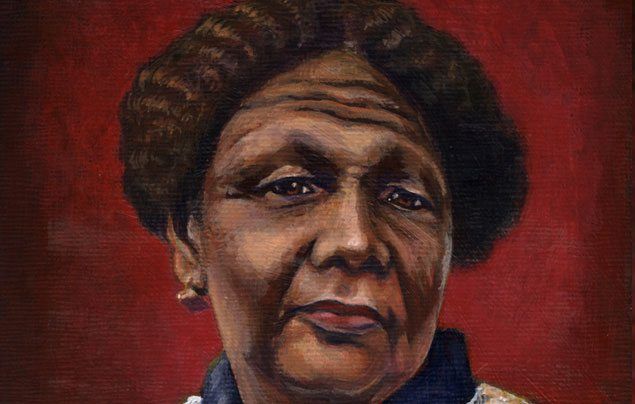Here’s a profile of Mary Seacole, one of history’s most inspiring women:
Mary Seacole (1805 – 1881)
- Full Name: Mary Jane Seacole
- Birthplace: Kingston, Jamaica
- Heritage: Of mixed-race background — her mother was a Jamaican healer, and her father was a Scottish soldier.
Contributions to Medicine & Nursing
- Learned traditional herbal medicine from her mother, who ran a boarding house for sick and injured soldiers in Kingston.
- Gained practical medical knowledge long before formal nursing schools were common.
- Travelled widely, including to Panama, Cuba, and England, treating people during outbreaks of cholera and yellow fever.
The Crimean War (1853–1856)
- When the Crimean War broke out, Seacole applied to join Florence Nightingale’s team of nurses but was rejected (likely due to racism and prejudice).
- Determined to help, she funded her own trip to Crimea.
- Established the “British Hotel” near Balaklava, where she provided:
- Hot meals, supplies, and comfort to soldiers.
- Medical care for the wounded on and off the battlefield.
- Soldiers adored her, calling her “Mother Seacole” for her compassion and bravery.
Later Life
- After the war, she returned to Britain almost penniless.
- In 1857, she published her autobiography:
“Wonderful Adventures of Mrs. Seacole in Many Lands” — the first autobiography by a Black woman in Britain. - She was celebrated during her lifetime but later overshadowed by Florence Nightingale in history books.
Legacy
- Rediscovered and celebrated in the late 20th century as a pioneer of nursing and a Black British heroine.
- In 2004, she was voted “Greatest Black Briton.”
- A statue of Mary Seacole was unveiled in 2016 at St Thomas’ Hospital in London — the UK’s first statue dedicated to a named Black woman.


